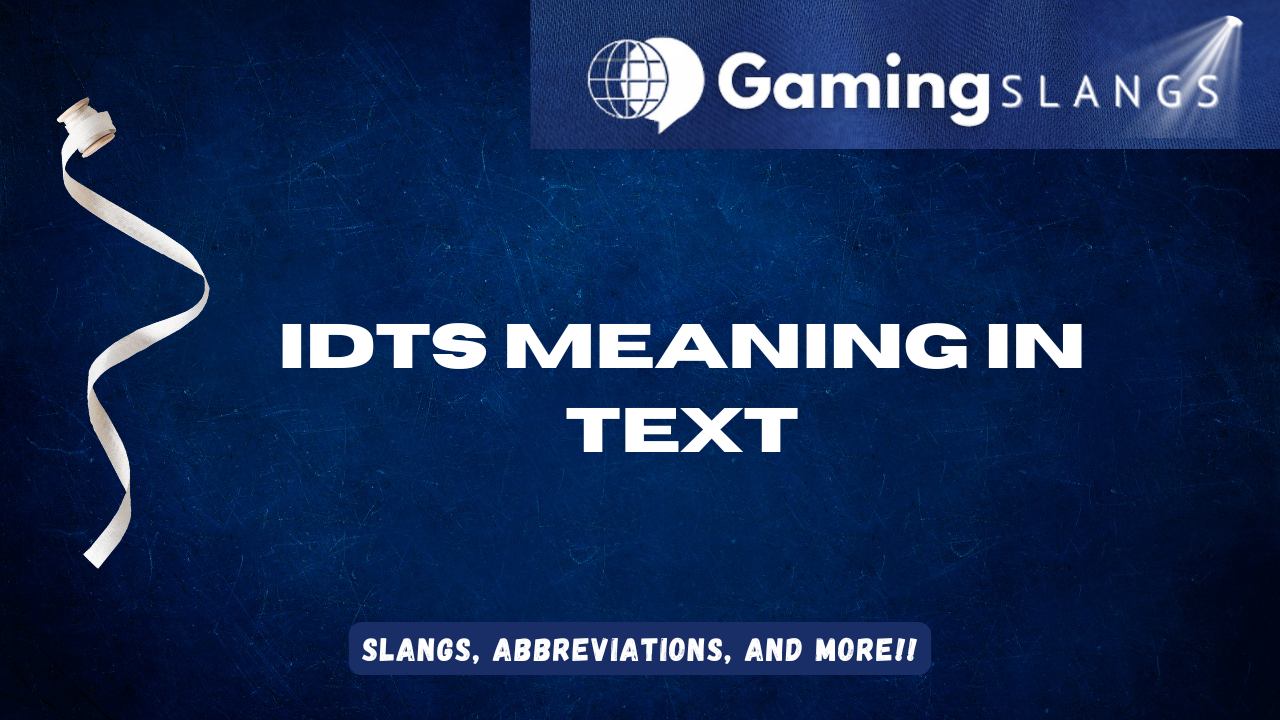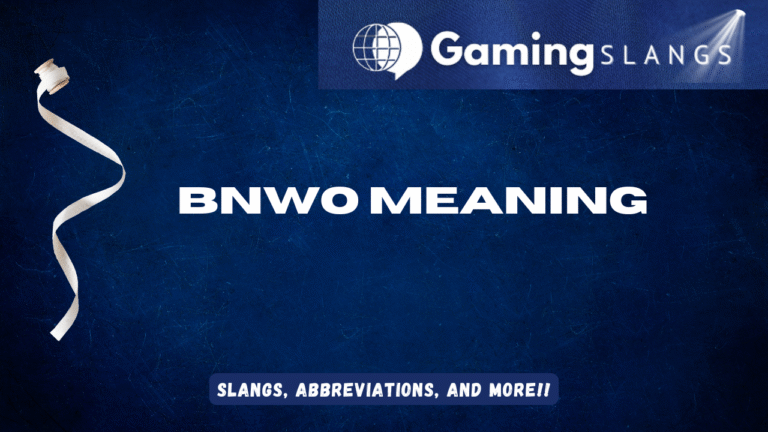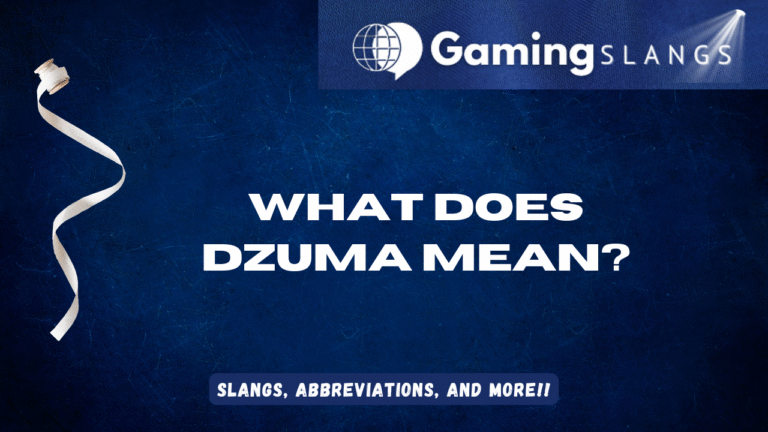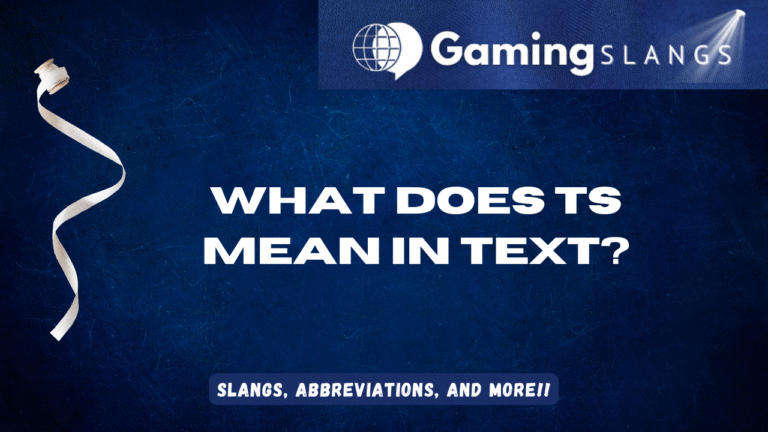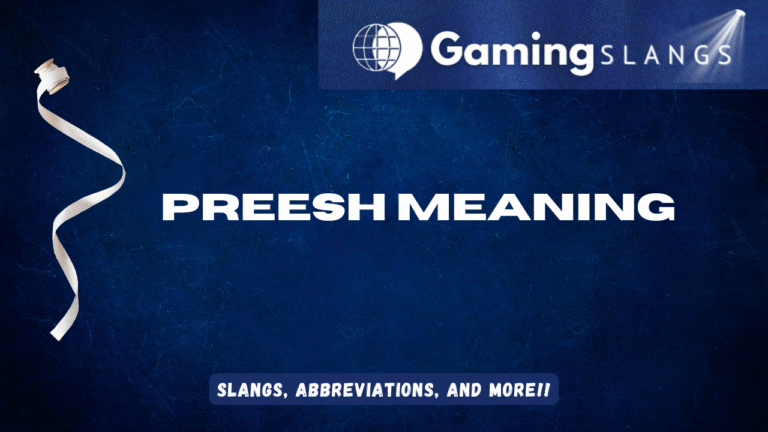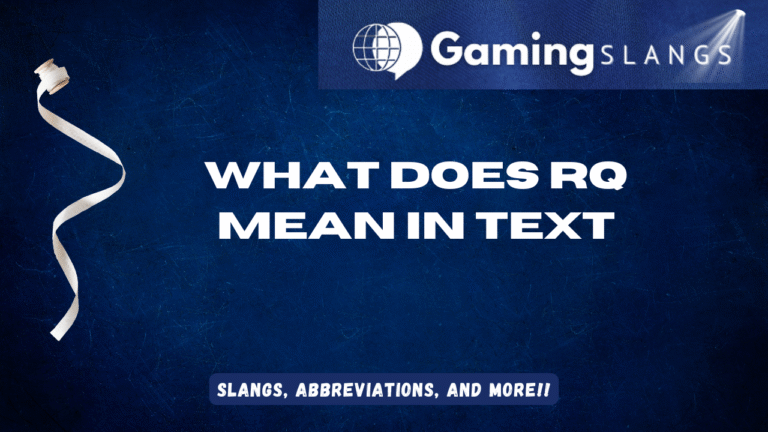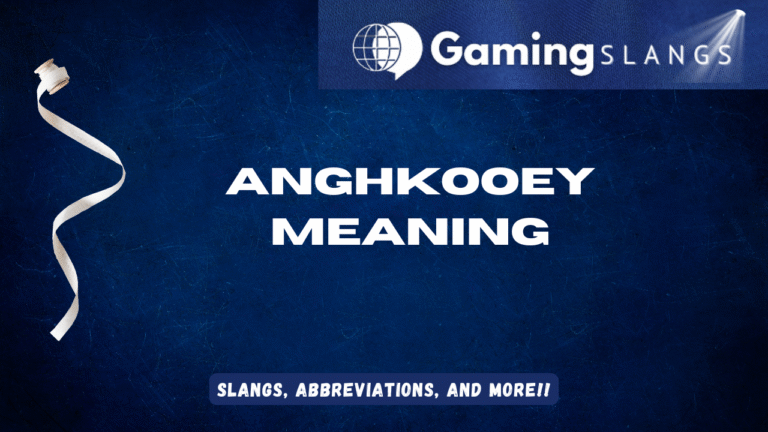IDTS is a common texting abbreviation that stands for “I Don’t Think So.” It’s used to express doubt, disagreement, or mild rejection in a casual, polite way.
For example, if someone asks, “Will it rain today?” you might reply, “IDTS,” meaning you don’t believe it will.
This shorthand helps people communicate quickly and casually, especially in text messages, online chats, and social media.
Origins of IDTS
The abbreviation IDTS originated in early internet chatrooms and texting culture during the 2000s. As people started shortening common phrases for faster communication, “I Don’t Think So” became “IDTS.”
It gained popularity across instant messaging platforms, forums, and later on social media apps like Twitter, TikTok, and Instagram, where short, snappy replies are common.
How to Use IDTS in a Sentence?
IDTS is typically used when you’re unsure about something or want to disagree politely. It often conveys a light or conversational tone, avoiding harshness.
Here are five examples:
- “Do you think she’ll come tonight?” → “IDTS, she’s been busy lately.”
→ Used to express doubt about someone’s attendance. - “You like pineapple on pizza?” → “IDTS 😂.”
→ A humorous or light-hearted disagreement. - “Will the team win this match?” → “IDTS, they’ve been losing a lot.”
→ Shows a skeptical but realistic opinion. - “He said he’d call back.” → “IDTS, he always forgets.”
→ Expresses disbelief or cynicism. - “Is that rumor true?” → “IDTS, sounds fake.”
→ Used to politely dismiss something that seems untrue.

Pronunciation of IDTS
Pronounced as: eye-dee-tee-ess (placeholder for audio pronunciation).
Words Similar to IDTS
- IDC (I Don’t Care): Expresses indifference or lack of concern.
- IDK (I Don’t Know): Used when uncertain about something.
- IMO (In My Opinion): Shares a personal view or perspective.
- TBH (To Be Honest): Used to express sincerity or openness.
- NVM (Never Mind): Means to disregard or drop a topic.

